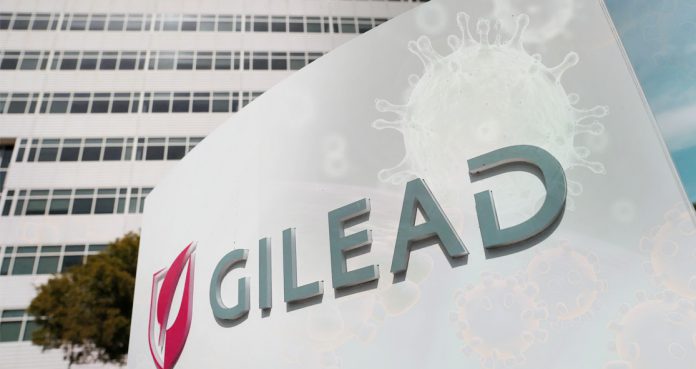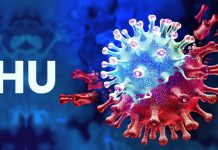An experimental drug called remdesivir, which is developed by Gilead Sciences, is an antiviral drug that has been found effective in treating the infections caused by coronaviruses in monkeys.
A study has found that remdesivir prevented the infection and reduced the severity of symptoms in monkeys affected by Middle East Respiratory Syndrome (MERS), which is closely related to the infection caused by the new coronavirus that originated in Wuhan, China.
The findings published in the journal Proceedings of the National Academy of Sciences have raised hopes that remdesivir, which is undergoing clinical trials in China, could be effective against the new coronavirus, aka COVID-19.
COVID-19 has affected more than 65,000 people and killed more than 1,490 globally, with the vast majority of the cases detected in China.
The drug remdesivir had previously been found effective in monkeys infected with the Ebola virus; however, it did not prove effective in humans.
Director of National Institute of Allergy and Infectious Diseases (NIAID), Dr. Anthony Fauci, said in a recent interview, “It [remdesivir] wasn’t successful in Ebola, but there is some indication that it might be successful in the coronaviruses.”
In the monkeys who were treated before MERS infection, remdesivir appeared to prevent the infection. They showed no sign of infection and had significantly lower levels of virus in their lungs, with no lung damage.
However, most drugs that are found effective in preventing and treating disease often fail in human trials.
Nevertheless, the researchers said their findings bolster their hopes for the ongoing clinical studies of remdesivir in China.
The Biomedical Advanced Research and Development Authority (BARDA), which is a part of the U.S. Department of Health and Human Services (HHS), supported the study.
Last week, Wuhan Institute of Virology applied for a patent to use Gilead’s remdesivir against the new coronavirus.
Former WHO virologist and the co-chair of a research forum in Geneva, Dr. Marie-Paule Kieny, said, “The Chinese colleagues are very eager to participate in protocols which are being defined so that all the clinical trials are done according to the same standards and are looking towards the same outcome. They were very interested in working on such a master protocol.”























